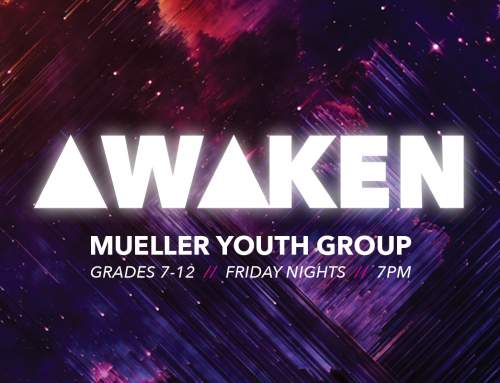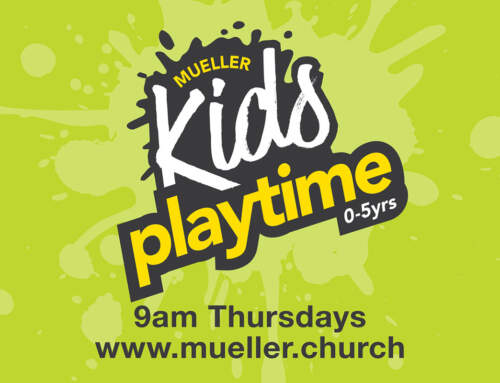Last week, I said I would look more closely at fear or anxiety that arises through our connectivity and social media. Social media has become one of the primary means of communication among young people, but it hasn’t been in use long enough to determine any long-term effects on either physical or mental health. Most of us know at least one person who seems to be addicted to its use. As I was researching, I became aware that this wasn’t a topic that could be covered in one article.
In early 2017, the Royal Society for Public Health (RSPH) in the UK conducted research examining the positive and negative effects of social media on young people’s health. They published their report #Status of Mind: Social media and young people’s mental health and wellbeing. The report raises points frequently mentioned by clients, so I will briefly summarize its relevant points over the next couple of weeks. I encourage all parents and teachers to download and read this report in full. Links are provided at the end of this article.
Some of the key points made in the report include:
• 91% of young people use the internet for social networking
• Social media has been described as more addictive than cigarettes and alcohol
• Rates of anxiety and depression in young people have risen 70% in the past 25 years
• Social media use is linked with increased rates of anxiety, depression and poor sleep
• Cyber bullying is a growing problem with 7 in 10 young people saying they have experienced it
• Social media can improve young people’s access to other people’s experiences of health and expert health information
• Those who use social media report being more emotionally supported through their contacts. (p3)
In the report, a person who spends more than two hours per day on social networking sites (eg Instagram, Facebook, Twitter) is considered to be a heavy user and is more likely to report poor mental health (particularly signs of anxiety and depression). When we compare our mundane lives with the exciting lives of others, we can start to despair. Unfortunately, many of the images that are shared are staged, edited or photo-shopped meaning that it’s difficult to discern the truth of what we’re viewing. Teens need more sleep than adults and poor sleep has been linked to both physical and mental health problems. Using social media at night has been shown to contribute to poor sleep quality in teens. Checking messages during the night leads to fatigue the next day. A good habit for families to get into is to keep phones and devices out of the bedroom at night.
It’s important to note that the report includes both positive and negative effects of social media on a person’s health. Next week, I will share some more of the findings of this study.






